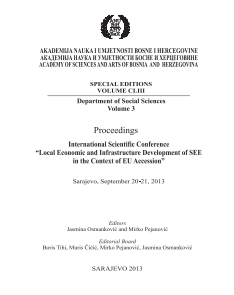
VC Technology: Master or Servant of Education?
The author underlines the importance of having a clear rationale for using videoconferencing. A detailed case study illustrates the pitfalls and challenges of technology and looks at key examples of mismatching. These include mismatches between the different expectations of students and teachers, between theory and practice, between desired aims and actual outcomes, and between the ideal applications and actual limitations of the technology on offer. The article discusses a range of problems and issues but also points to solutions and workarounds. It emphasises the importance of considering not only how technology is used and which type is chosen but also why technology is used at all.
More...















